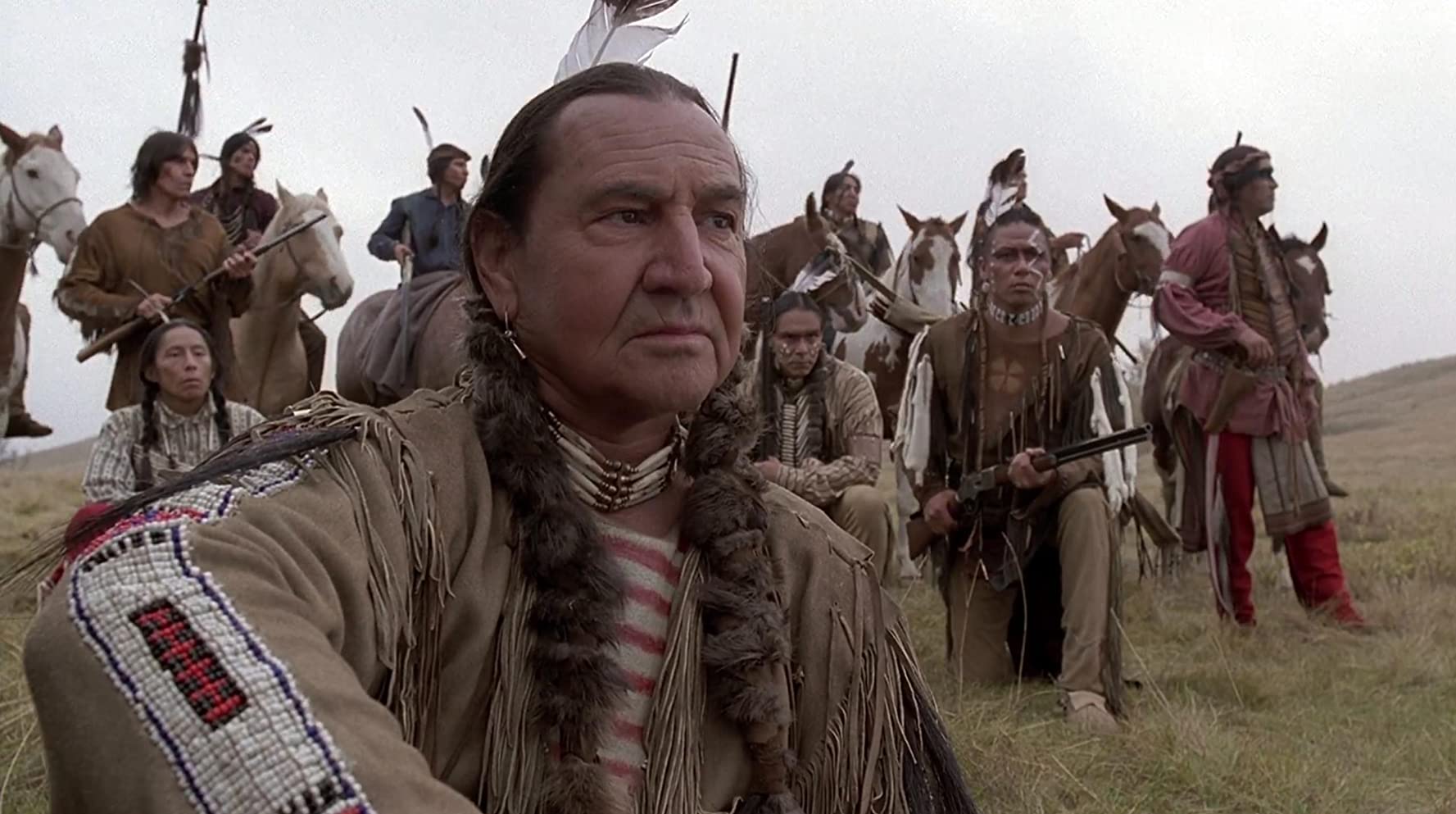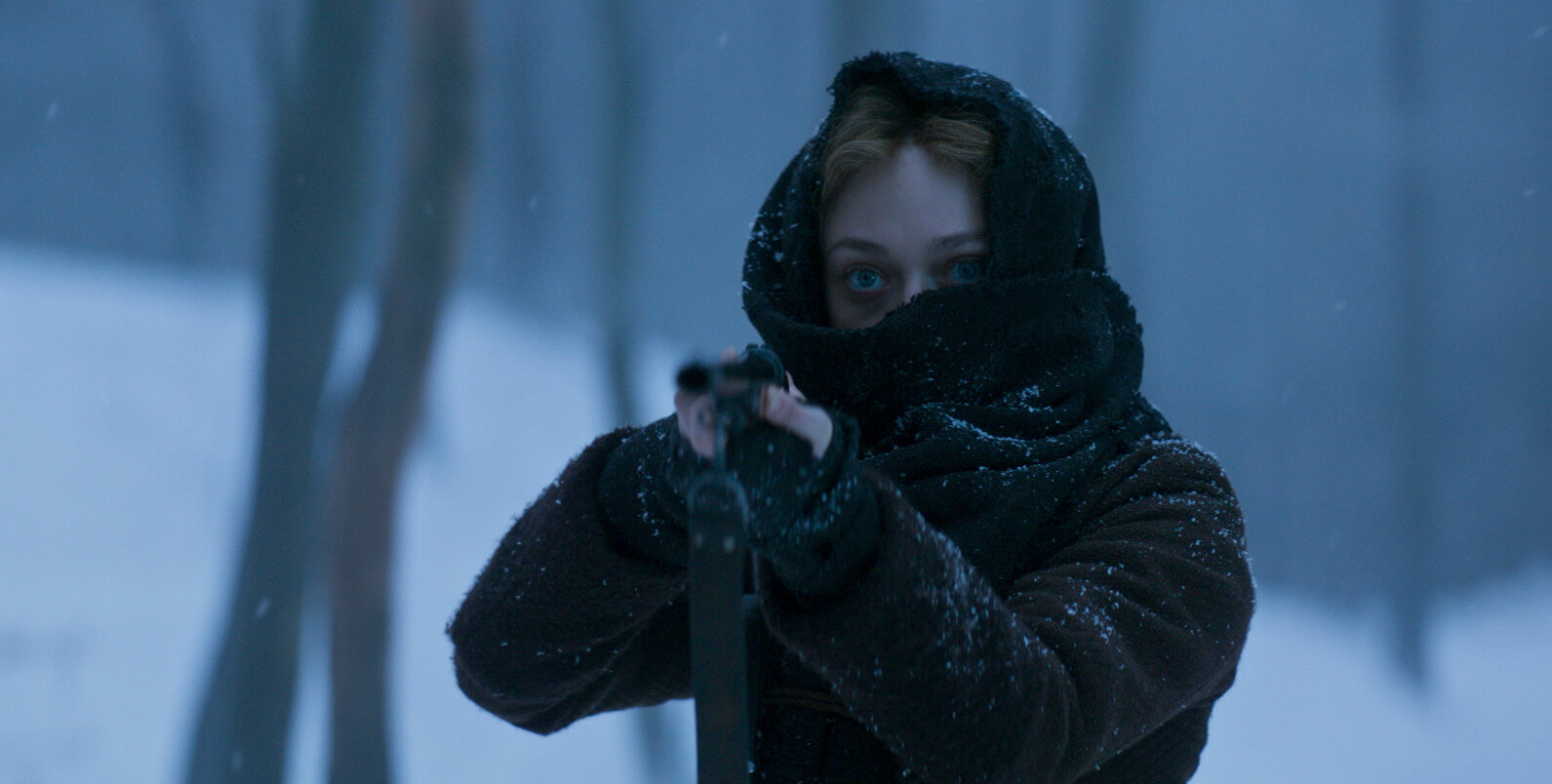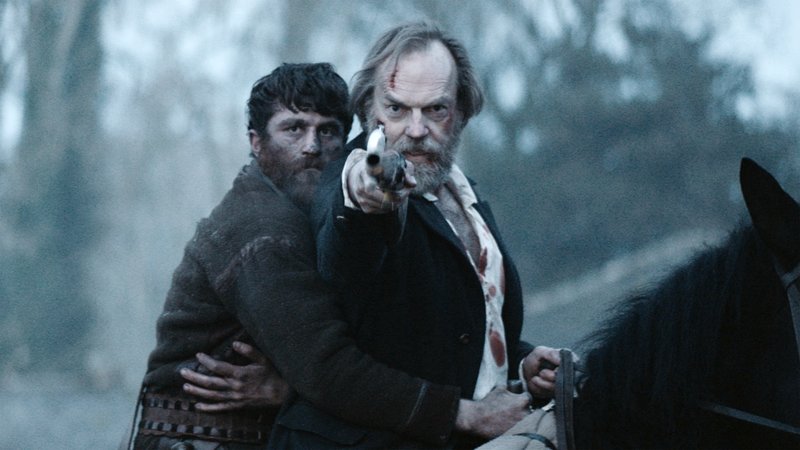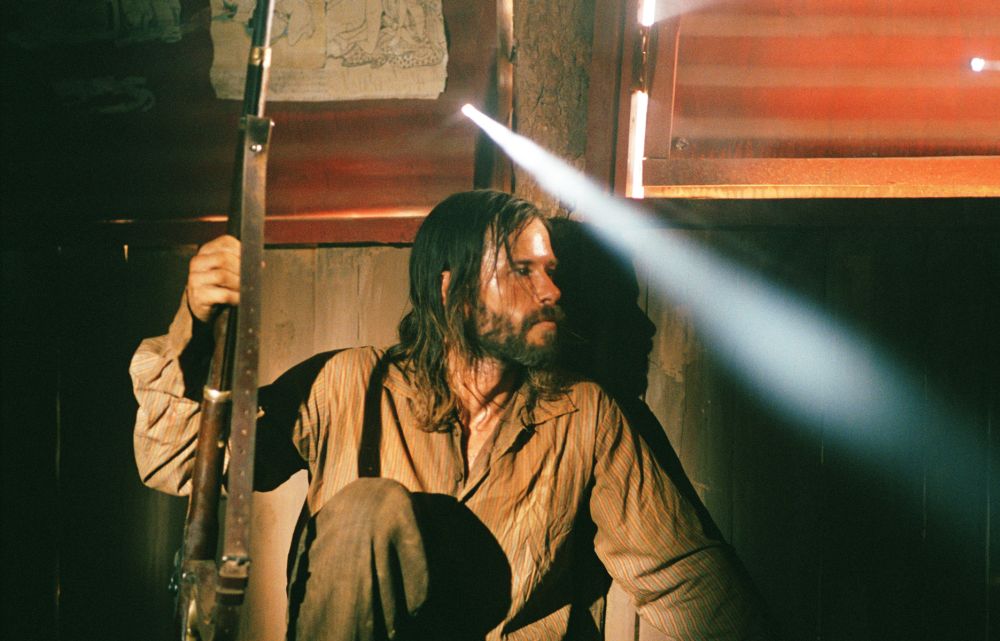6. Bury My Heart at Wounded Knee (2007)

Released as a TV movie on HBO, Bury My Heart at Wounded Knee is a seminal work of Revisionism, even if it arches an eyebrow as to why it took 37 years to adapt Dee Brown’s book of the same name. Still, Dances With Wolves catalysed a cinematic interest in Native American Indian customs and culture, with films like The Last of the Mohicans and Geronimo: An American Legend giving pivotal roles to indigenous characters.
Bury My Heart at Wounded Knee serves as an educational text rather than an entertaining one: its battle scenes are minimally executed with slightly dated computer effects and the action as a whole is few and far behind. Instead, this is a film about the repression, resistance and assimilation of indigenous people through governmental policy, and, ultimately, the erosion of an entire people’s identity. It is the case with American historical films that more you obey history the less creative and expressive you can be; by telling the stories of figures like Chief Sitting Bull, Charles Eastman and Henry Dawes, the film eschews flashy performances and inaccuracies and crafts a more elegiac, straight-faced tone that befits this awful saga of frontier history.
7. Brimstone (2016)

Watching Bone Tomahawk and Brimstone in the same weekend might be one of the most psychological gruelling tests of any Western aficionado. Split into four biblical chapters, Brimstone is a Dutch-made Western that fills two-and-a-half hours with appalling characters, squeamish sequences and some chilling landscapes. It is a test of endurance to make it to the end.
Dakota Fanning plays Liz, a mute, who is pursued by Guy Pearce’s Reverend, a mysterious, almost mythological figure tied to her tortured past. The Clint Eastwood films High Plains Drifter and Pale Rider both evoke a biblical reading, as well as a supernatural one. That Clint is able to cheat death and appear at the right place at the right time is what makes those films so engaging: audiences want to see the bad guys in fear.
Brimstone flips this and asks ‘what if the villain was the terrifying avenger?’ Pearce’s mental sanity was no doubt put through a blender when it came to harvesting the obsessive, incestuous desires of this strictly religious preacher, but he is an instantly unforgettable antagonist, firmly juxtaposed to the wide eyed Fanning. Unrelenting yes, but the film’s repellant attitude is impossible to avoid.
8. Black ‘47 (2018)

The Irish make Westerns too. Granted, the iconography is slightly different, with this film adopting a suitably grey, lifeless aesthetic. But this story, which takes its name from 1847, the worst year for the potato famine in Ireland, has the oppression of a native people, horseback riding and pistol twirling, a theme of revenge and, an essential Western hallmark, the effect violence can have on the mind and the people around.
Hugo Weaving, another actor with a face built for historical films, plays Hannah, a former British soldier who has to track down a former comrade in the name of the law. This he is doing to avoid his own death sentence. The man on the run is Martin Feeney (James Frecheville), who has fled the British army and returned to Ireland to find his family mostly dead from the famine. And so, the man on the run has our sympathies and the man tracking him knows this too.
The film’s voice is most definitely an Irish one; British patriots will not find much to enjoy here – perhaps they shouldn’t. A young Barry Keoghan also features.
9. The Proposition (2005)

Australia is so good at making Westerns they have their own name: bushranger Westerns or, in honour of Italy’s ‘spaghetti Western’, the ‘meat-pie Western’. The Proposition is the purest example of this sub-genre. Guy Pearce stars as Charlie Burns, an outlaw who is given a chance to avoid his and his younger brother’s death penalty by hunting down and killing his even more ruthless criminal brother, Arthur (Danny Huston in a tremendously evil performance). A few other notable character actors are present: Ray Winstone as the cop in charge and Emily Watson as his wife, David Wenham, John Hurt, Noah Taylor and Walkabout’s David Gulpili as one of the Aboriginal characters.
Like so many of the other recent Westerns on this list, it is intensely brutal. 1880s Australia is a place of perpetual heat and pain, where convicts, Aboriginals and British lawmakers are locked in a constant battle for control in a place nobody can escape . Nick Cave does the music but he also, surprisingly, wrote the screenplay! That alone sets up a story of loss and the brutality of life in the only country that began as a jail.
10. Goldstone (2016)

A sequel to Mystery Road (2013), Goldstone continues the story of indigenous detective Jay Swan (Aaron Pederson), who here is investigating a missing Asian girl in modern day Queesnland. This Aussie neo-Western (neo-meat-pie-bushranger Western?) was masterminded by Ivan Sen. That word is not used lightly: Sen is credited as director, writer, cinematographer, editor and musical composer. That all these elements so sinuously collide and entwine is testament to an emerging talent in Australian filmmaking.
Jay Swan teams up with Josh, a white cop who is one of the few in Goldstone not to be aware of the rotten underbelly within the town. Their initially hostile meeting ultimately builds to a satisfying team-up, complete with a shootout that would make neo-Western master Taylor Sheridan proud.
Drone shots turn the Outback into an endless road for the two lawmen; Jay is doomed to forever roam his country whilst Josh has the chance to move on and upwards. Their differing perspectives and fortunes is an honest, uncomfortable microcosm for Australian society’s own bias towards its indigenous population. The two Davids from The Proposition, David Wenham and David Gulpili, provide a key link between the two Outback dramas. The 120 odd years difference in timeline between these films is hardly noticeable: the guns may have changed but the views and violence have not.